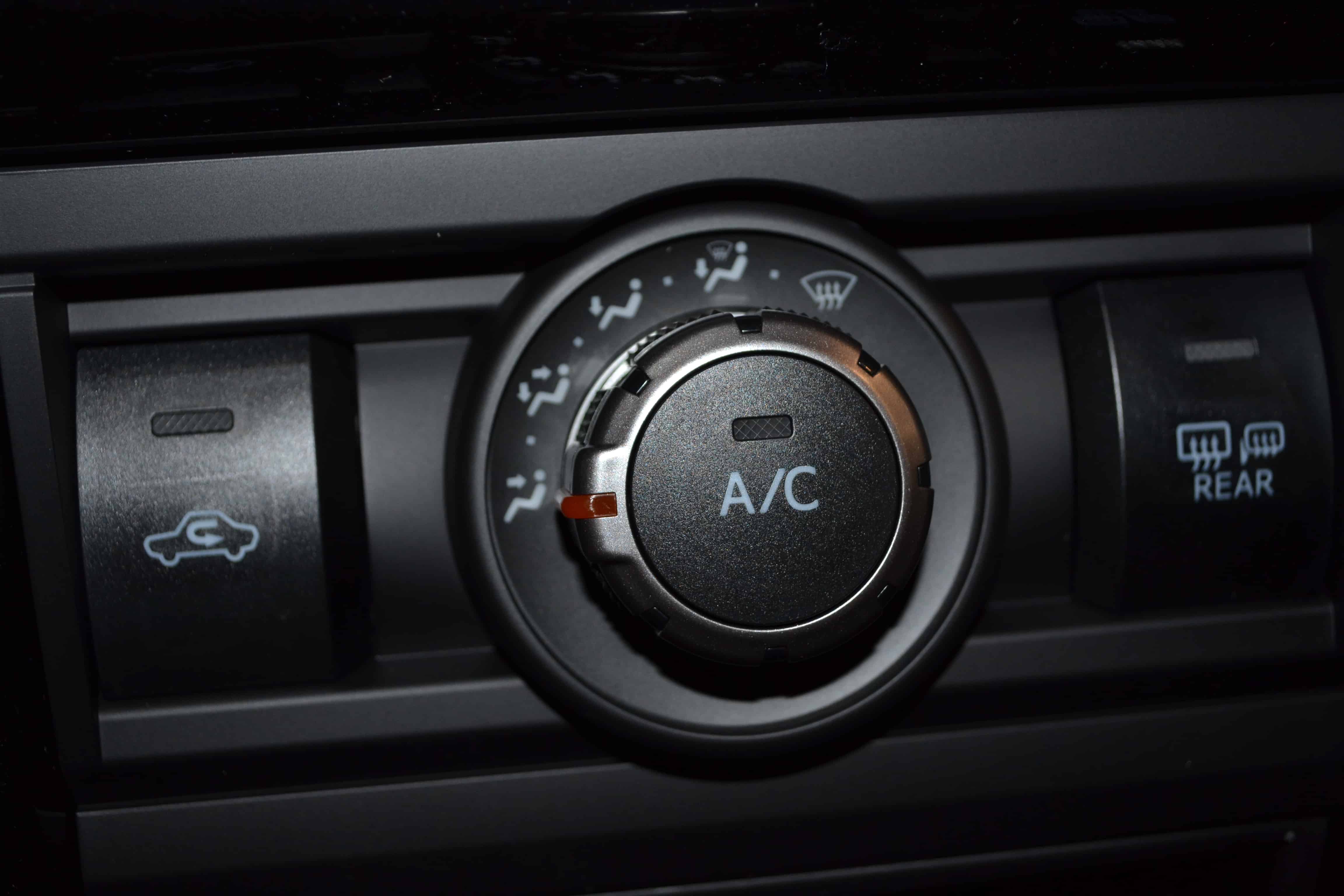Repeat blower motor issue
By Steve Schaeber, MACS Technical Editor
An old boss of mine used to have a saying that goes something like: I ain’t got time to be doing the same thing two and three times! In fact, I can still picture him saying this to me in his (somewhat impatient) North Carolina accent! Of course he was talking about the frustration of having to do a job over and over again because for some (usually simple) reason, things didn’t go right the first time.
Many technicians know this frustration all too well. After completing a repair on a customer’s vehicle, there’s not a much worse experience than a return visit from the vehicle’s owner voicing the same or a similar concern. This is especially frustrating if they’ve been back more than once. But sometimes no matter how much time and effort we put into diagnostics, repairs can keep recurring for us to tackle yet again until we get it right.
Owners of certain MINI vehicles produced from September 1, 2011, including models R55 thru R61 (the Clubman, Hardtop, Convertible, Coupe, Roadster, Countryman and Paceman, respectively) may complain that the blower motor does not operate at any fan speed, while others might say it works intermittently when set to full speed. This can happen with the controls set to either heat or A/C.
Issues such as these usually lead a technician down the road of testing and ultimately replacing the blower motor resistor or control module. This is the device responsible for applying the correct voltage to the blower motor, based on driver input from the vehicle’s manual 4-stage fan setting on the IHKS (Integrated Heating/Air Conditioning) controls. But when these blower motor resistors are being replaced too often, further investigation is necessary.
To alert technicians of t its findings, BMW has issued TSB # SI M64 02 15, which describes how the blower motor may be faulty, causing the blower resistor to fail. They advise replacing the blower motor unit and the blower motor resistor at the same time to avoid a repeat customer visit for a blower issue.
MACS has often recommended that technicians make checking for TSBs a part of their routine diagnostic procedures. Too often we come across situations when an unexpected defective part is the actual root cause of a problem, while blame is placed on another component. Unfortunately these TSB checks don’t always take place, although it makes sense. Blower motor resistors were known for many years to be items that sometimes fail, and so it’s not unheard of to make a diagnostic call such as this.
In an era of instant access to technical information via the web, we think it’s worth taking the time to double check those TSBs. Doing so might help you to avoid a customer comeback.
Note: Which TSBs have helped you find and fix those troublesome HVAC issues? Drop a line to steve@macsw.org and share your story with the MACS community!


Leave a Reply